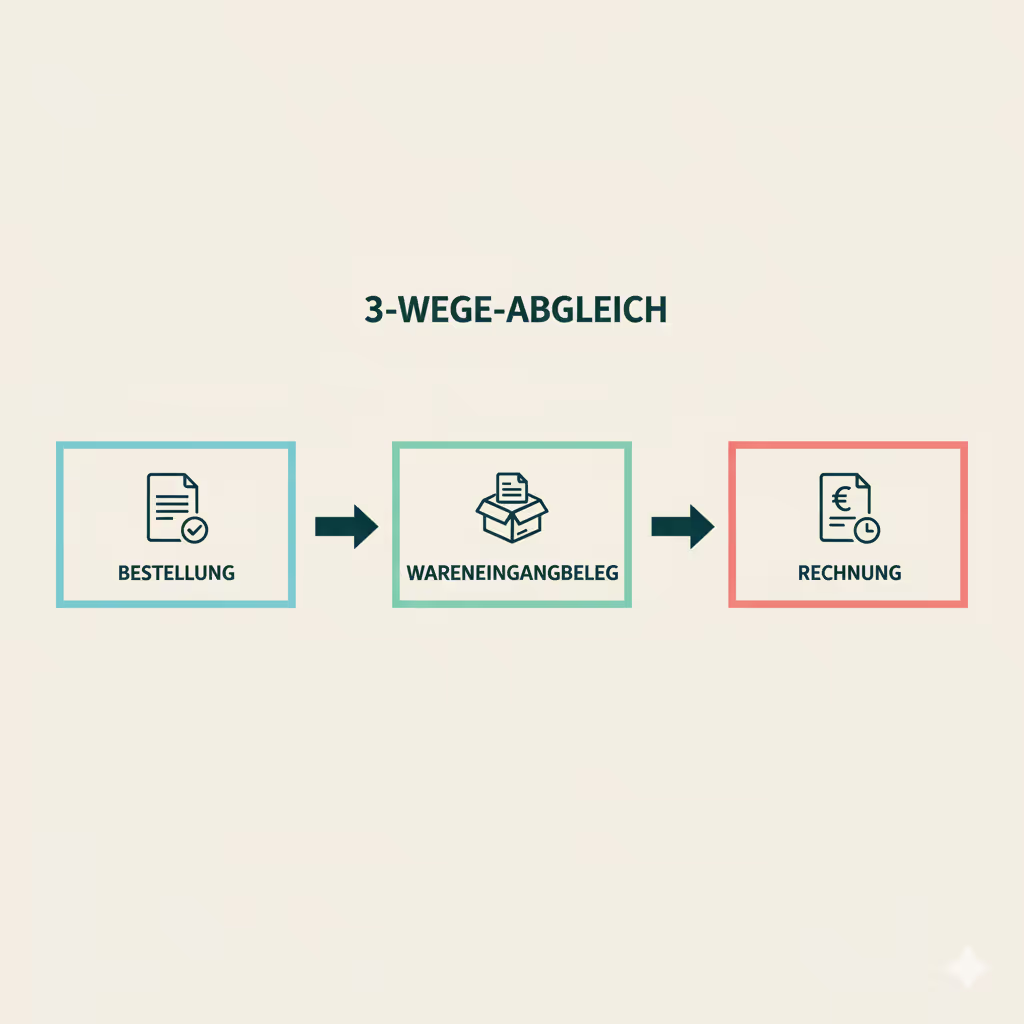Say Goodbye to Paper Piles! Discover the Future of Accounting with Digital Invoice Archiving
28.04.2023
5 mins
reading time

Introduction
In recent years, digital invoice archiving has become increasingly important for businesses seeking to optimize their accounting, save time and costs, and meet compliance requirements. In this guide, we'll explain everything you need to know about digital invoice archiving to successfully implement it in your business.
Benefits of Digital Invoice Archiving
Digital invoice archiving offers numerous advantages over traditional paper archiving. Invoices can be easily and quickly found without the need for physical archives or storage spaces. Electronic security measures protect against loss or damage, while reducing paper consumption is also environmentally friendly. Additionally, digital invoice archiving provides a way to save costs by reducing expenses for printing, storage, and shipping of invoices.
With Flowers, you can also take advantage of these benefits for your business. Here's a closer look at the invoice management features that Flowers offers:
Why you should make use of our free consulting:
Book your free consultation here and reveal your company's hidden potential:
Regulations and Compliance
Digital invoice archiving must comply with legal requirements and tax regulations that may vary by country. This includes aspects such as retention periods, data protection, and the integrity of electronic documents. It is important to be informed about the applicable laws and regulations to meet compliance requirements and avoid potential penalties.
Formats and Standards
There are various file formats and standards that can be used for digital invoice archiving. Popular formats include PDF, PDF/A (a standardized format for long-term archiving), and structured XML-based format (such as ZUGFeRD or XRechnung in Germany). The choice of the right format depends on the company's requirements and applicable regulations.
Do you have questions about digital invoice archiving? Book a demo with Flowers and talk to our experts:
Digitization Process
To archive invoices digitally, they must first be scanned or created in electronic form. They are then indexed and categorized for easy search and management. OCR (Optical Character Recognition) can be used for automatic recognition of text and information on the invoices to speed up the digitization process.
Archiving Systems and Software
There are various software solutions and cloud-based services for digital invoice archiving. These systems allow businesses to store, manage, and access their invoices centrally. Examples of such systems include document management systems (DMS) or enterprise content management systems (ECM).
An ideal solution for digital invoice archiving is Flowers software. This tool offers a secure, reliable, and efficient software for digital invoice archiving. All legal requirements and compliance regulations, including retention periods and data protection requirements, are met. Furthermore, Flowers software offers a user-friendly interface that allows for easy search and management of invoices. Automatic indexing and categorization of invoices, as well as OCR technology, significantly speed up the digitization process.
Say goodbye to paperwork! Learn more about the invoice workflow from Flowers:
Conclusion
Digital invoice archiving is an effective method to optimize accounting, save time and costs, and meet compliance requirements. By using archiving systems and software such as Flowers, businesses can store and manage their invoices centrally, simplify the search for invoices, and speed up the digitization process. This technology is not only environmentally friendly but also enables more efficient accounting and better financial management. In the future, digital invoice archiving is expected to continue to gain importance as businesses increasingly adopt paperless processes to increase efficiency and reduce costs.
Weitere interessante Artikel





